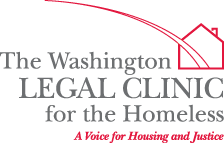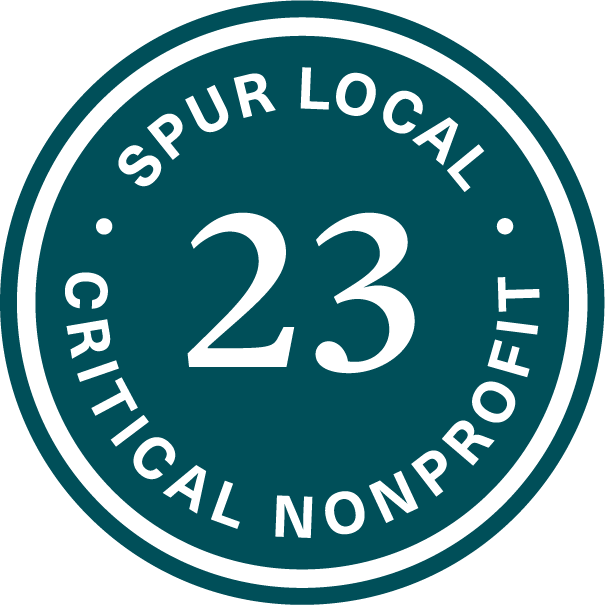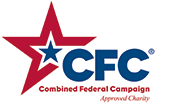Recently, #DontMuteDC became a rallying cry for current and former DC residents who were outraged at an attempt to silence the sounds of go-go at the corner of Florida and Georgia Ave NW. A petition to pressure T-mobile to keep the music playing got over 80,000 signatures in a short period of time. Their advocacy worked. Now we ask our elected officials to do more to stop cultural and economic displacement.
Take action here!
Between 2000 and 2013, DC had the most intense gentrification in the country and the highest rate of displacement of low-income, Black residents– over 20,000 Black residents, many of them native Washingtonians, were displaced in that time period. With the people goes the culture, and DC’s identity as Chocolate City. Because the District government has, through both action and inaction, caused this displacement, it has a responsibility to fix it.
We do not believe that Mayor Muriel Bowser’s budget proposal or the latest version as amended by the DC Council does anywhere near enough to undo displacement or further racial or economic equity. While we appreciate the efforts of the DC Council so far (most notable adding enough housing for 70 individuals experiencing chronic homelessness), the investments fail to provide DC residents with what they need to remain and thrive in DC. Here a few examples of the disparities:
- The budget devotes $20 million to a “workforce housing” fund for households making up to $140,000 for a family of four, but does not include one dime to repair any of the more than 2500 public housing units that are at risk of becoming uninhabitable without a significant investment.
- Events DC underspent its budget by $63.5 million last year and has $206 million sitting in the bank, yet 54 DC residents died homeless last year and the budget doesn’t have anywhere enough money to end chronic homelessness.
- DC runs a tech company tax incentive entitlement program that costs $40 million a year, has no data to show that it works, and contains no time limits, no residency requirements, and no real screening for eligibility. Meanwhile there is not one dime devoted to housing vouchers that pull families from the 40,000 DC Housing Authority waiting list, and very few dollars devoted to long-term vouchers for homeless families. Instead almost every homeless family goes into the Rapid Re-housing program, which is time-limited and leaves many of its participants unable to afford housing in DC at the end of the assistance.
On May 14, 2019, the DC Council will take its first vote on the budget. Join us before then to tell the DC Council that they must #FindTheMoney to #PutPeopleFirst. Send this email to the whole Council, come to the People’s Budget Action to End Homelessness on May 8, and make sure you call and Tweet at your Councilmembers as well.
________________________________________________________________
Where do we stand after the mark-ups?
- Repair and Preserve Public Housing: Neither the Mayor nor the Council have put any new money into public housing repairs. We need between $10-30 million per year to do critical repairs, but every extra dollar would help.
- End Chronic Homelessness: The Council found enough additional housing for 70 individuals experiencing chronic homelessness, leaving a gap of $18.88 million for 725 vouchers (601 with Permanent Supportive Housing, 124 with Targeted Affordable Housing). The Council found about half of the street outreach ask, leaving $1.8 million left to fund.
- End Family Homelessness: The Council has not increased family vouchers at all. This leaves a gap of $22.1 million for vouchers for 904 families in shelters and rapid re-housing (Targeted Affordable Housing).
- End the Wait for Tenant Vouchers: Not one dime has been put into vouchers that pull people off the 40,000 household DC Housing Authority waiting list, leaving a gap of $10 million for 500 households.
- Prevent More Evictions: The Council restored the money that the Mayor cut from eviction prevention funds, but that still leaves our ask for an increase of $12 million.
- Build Deeply Affordable Housing: The Mayor increased the amount of the Housing Production Trust Fund (from $100 million to $130 million). The Housing Committee then increased the portion of the funds that go to the lowest income residents (from 40% to 50%) but reduced the amount of the Trust Fund by about $8.5 million to pay for some subsidy programs for special populations and to provide funding for operating dollars for deeply affordable housing production, leaving about $60 million in the Trust Fund devoted to the lowest income housing. $80 million of our ask is unfunded. The Council needs to ensure at least $130 million is in the Trust Fund and fund the matching operating dollars. We shouldn’t be using money that is intended to pay for deeply affordable housing to pay for a different program that does the same.






The city council really needs to follow through and END homelessness…..